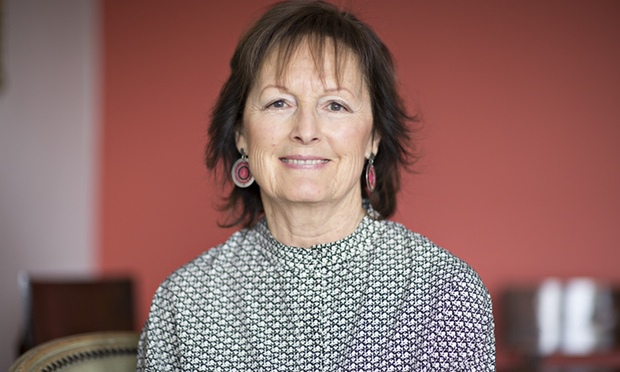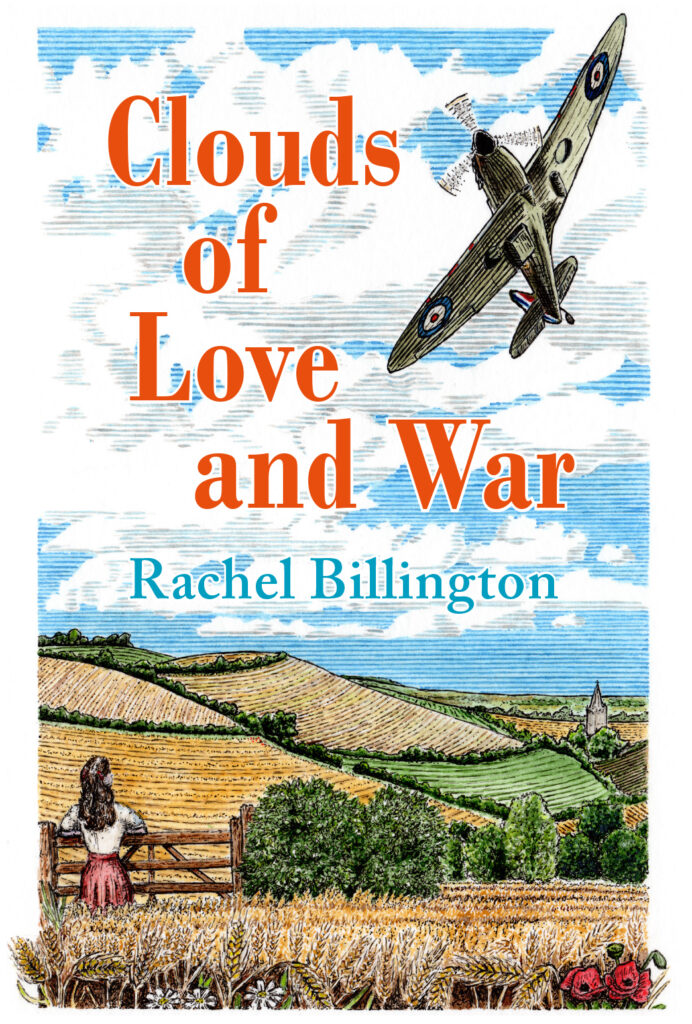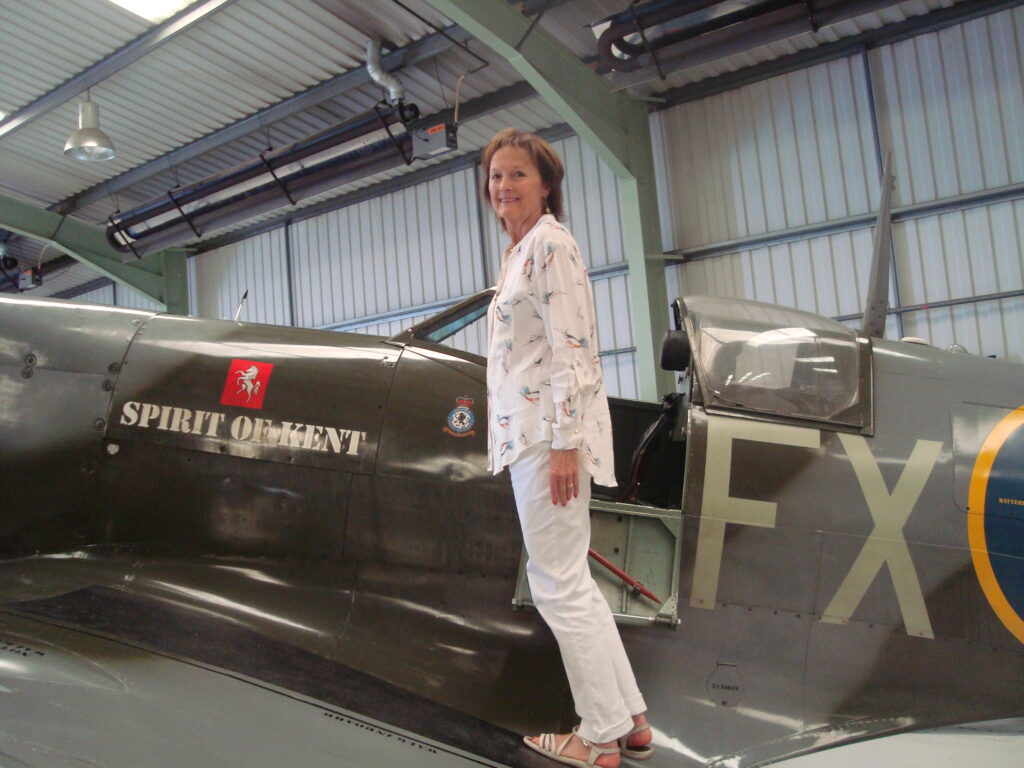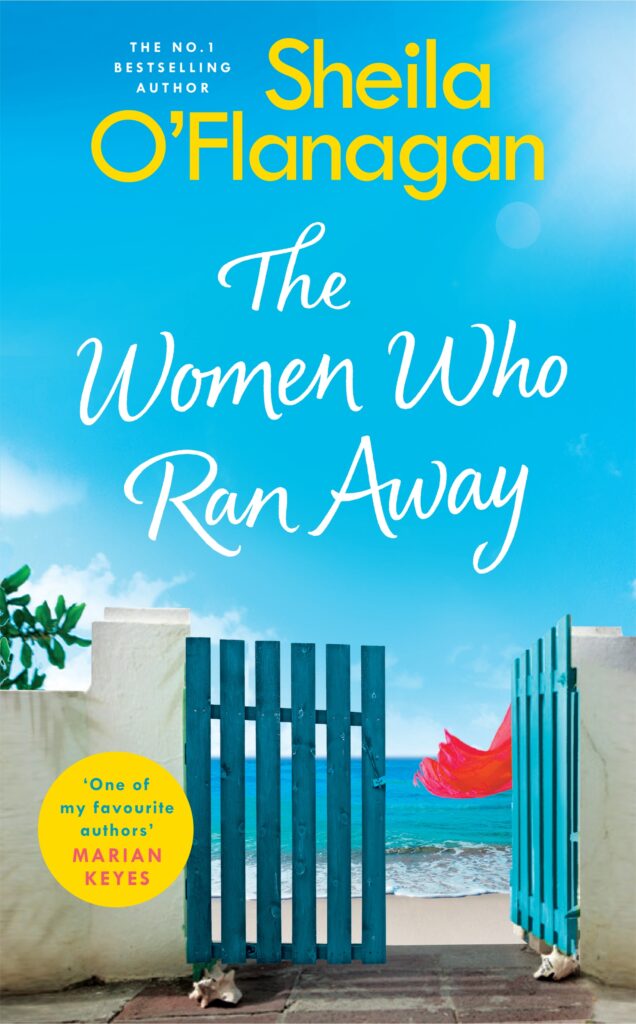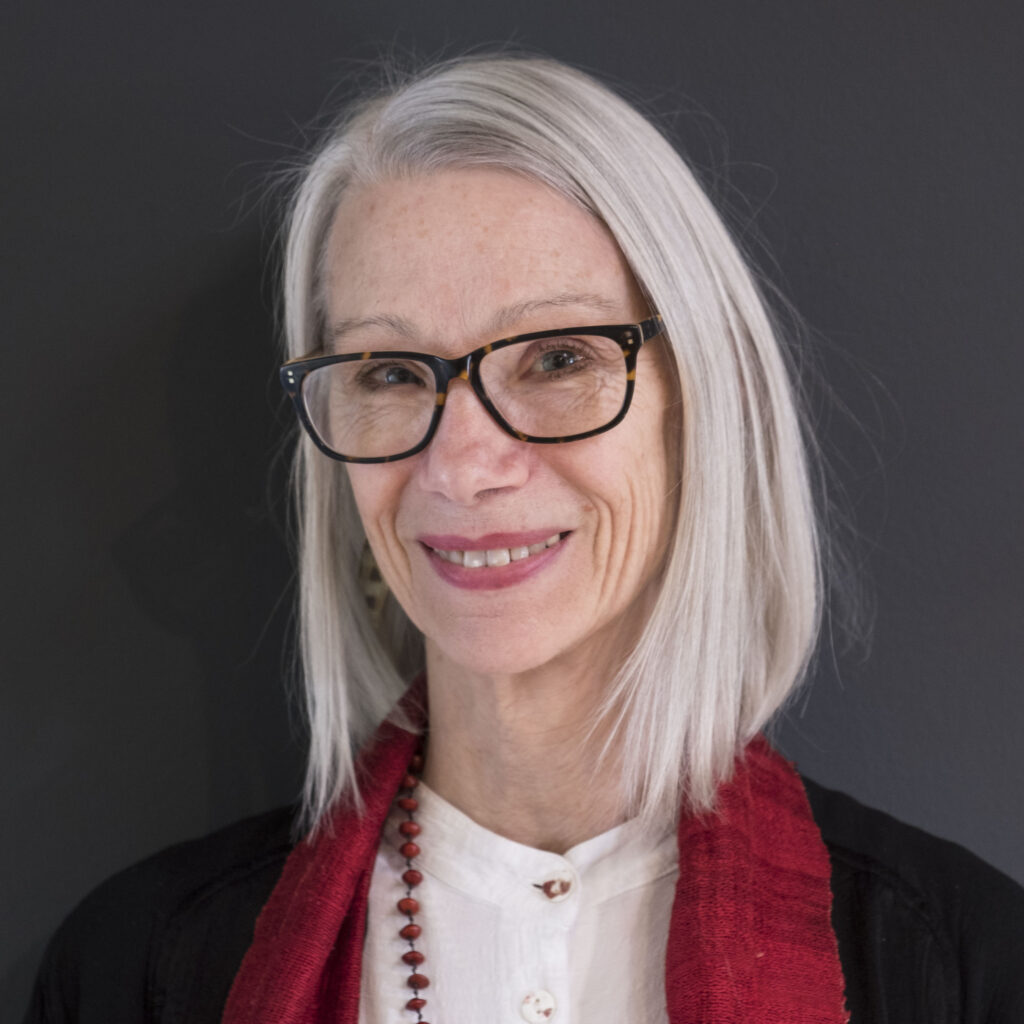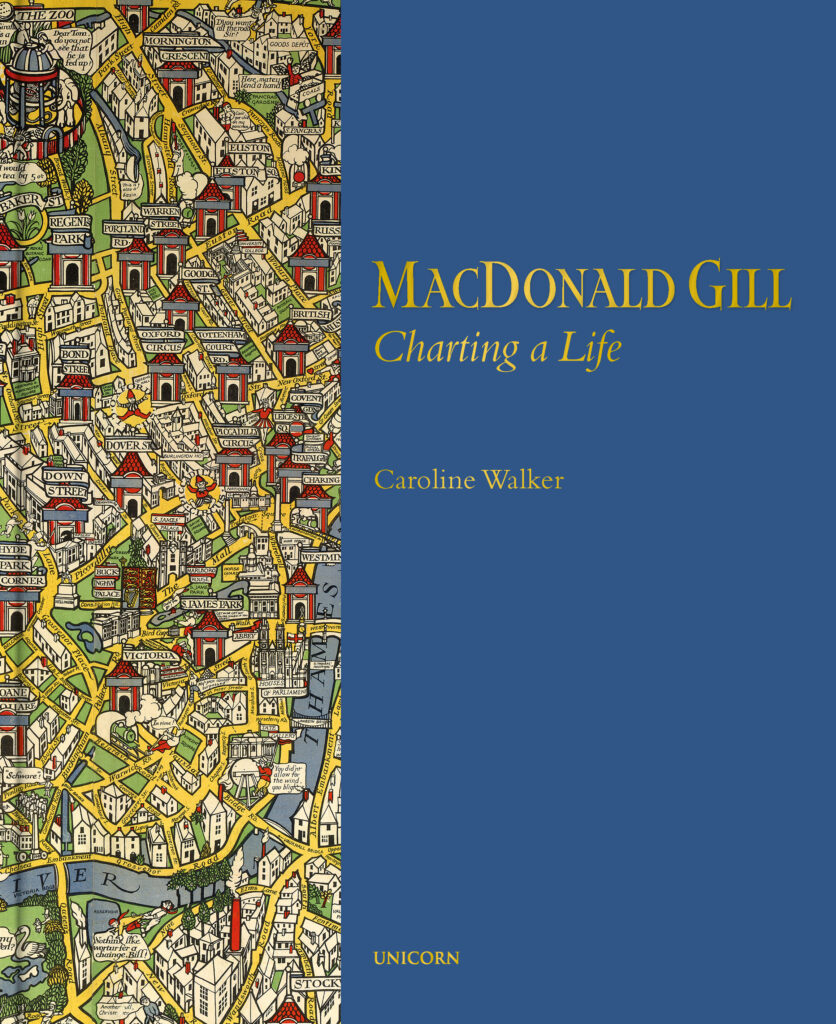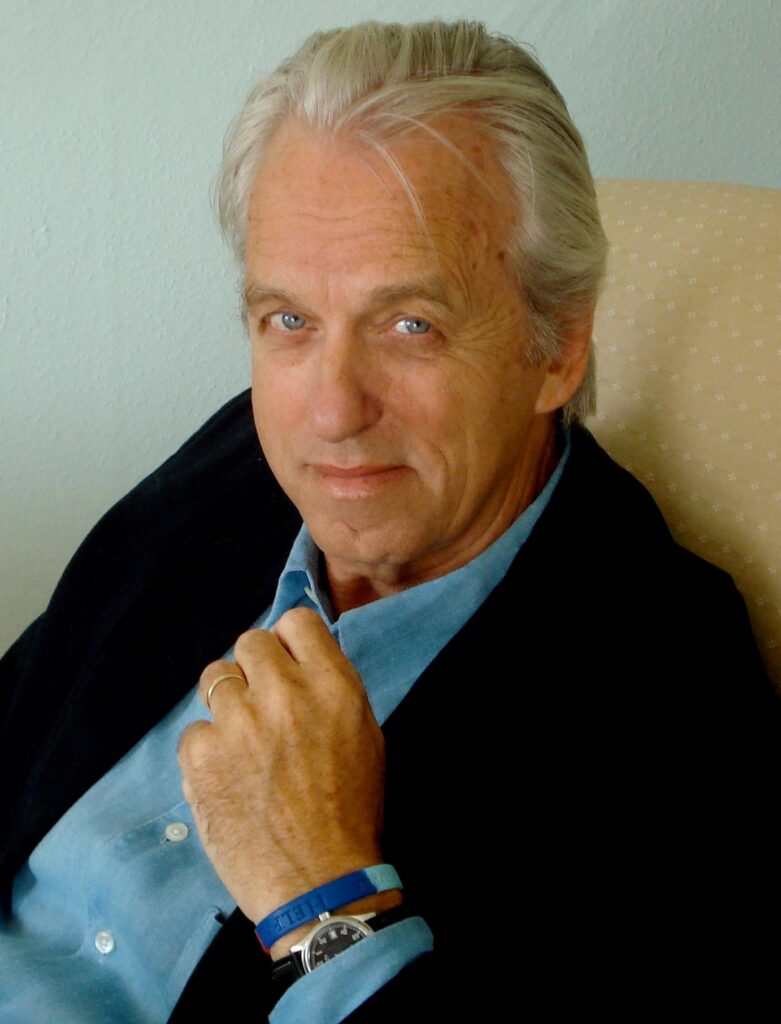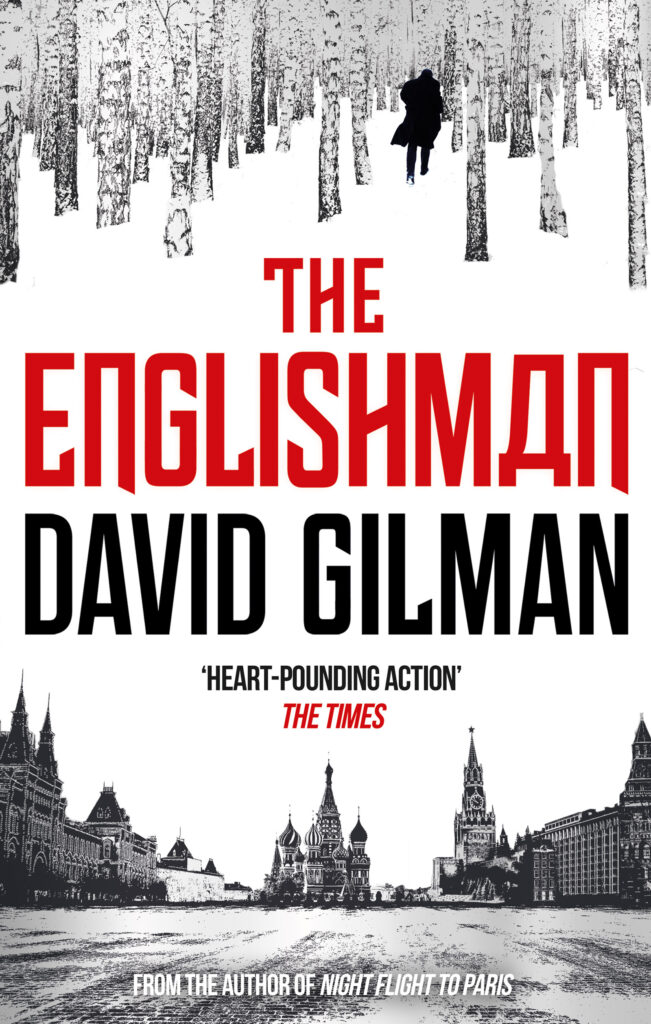Place matters to me. In books and in life. I’m a hybrid: city and country, I need both. London, always London, apart from two years when I worked in New York and met my husband, Kevin, there. In 1968 we bought a fourteenth century house in Dorset. We still have it. I’ve always written. I edited a magazine when I was eleven. I published my first novel in my twenties. I have to write every day. When I had four children in day school, I still wrote. I can’t imagine how people manage without writing. Now I have five grandchildren and my youngest wrote a book so I illustrated it. That was a surprise. From 1998-2001 I was President of PEN. I am Associate Editor of Inside Time, the National Newspaper for Prisoners. I write for every issue. I have always reviewed and written comment pieces for various newspapers.
What you have written, past and present.
I’ve published over thirty books. 23 novels, last 3 historical, Glory – The Story of Gallipoli and Maria and the Admiral. My favourites before that are A Woman’s Age, Bodily Harm and Lies and Loyalties. All very different subjects which publishers complain about. I have also written six novels for children, including Poppy’s Hero and Poppy’s Angel, about a girl whose Dad is in prison. Plus four religious books for children and a sequel to Jane Austen’s Emma.
What you are promoting now.
Clouds of Love and War is about a Spitfire pilot in WW2 and a young isolated woman. It tells the story if their love affair against a background of war. Eddie wants to escape the world and reach the clouds. But he hadn’t counted on killing. Eva wants to paint and she wants Eddie. The war makes their coming together rare and remarkable.
A bit about your process of writing.
Until my last book, I wrote longhand with a pen (black ink) and then paid a friend to put it on the computer. Once it was there I went through many drafts, editing down, particularly the opening chapters because I like to write forward without doing more than minor corrections until I’ve finished the whole book. This means I am over-writing early on and self-editing as I progress.
Do you plan or just write?
It depends on the book. Longer books need more planning, chapter by chapter, bit shorter books can be freer. Often I know everything except how the story will end. But sometimes the ending is what inspires me to write the book. Characters come first of all and continue their wayward path through the book. When their personalities change, I change their names. Sometimes I’ll run through three or four. I write to surprise myself.
What about word count?
Again it depends on the book – or rather on the subject, although my books were much shorter when I started writing, one was only about 60,000 words while Glory was well over the 200 hundred mark. Circular books tend to be shorter, books with a strong narrative flow longer. The book I’m working on at the moment, They Were Sisters, is about 120,000 words.
What do you find hard about writing?
I find it all difficult but absolutely enthralling. I do find it really hard when my characters are suffering. I wrote a novel called ‘The Missing Boy and found the thirteen year old’s unhappiness horribly upsetting. I long to write books with happy endings but seldom achieve it.
What do you love about writing?
I love being totally in charge of interesting people and events, but totally on my own. I love the look of a blank page – or blank screen. I love the way I challenge myself to make my brain imagine and invent. I love the excitement when an idea comes into my head; my heart beats as fast as if I was running. I love using words like an artist uses paint. I love the balance of certain sentences, like a musical phrase.
Advice for other writers.
Write! If you’re not sure what to write, write a diary. Write every single day. When you do set off on a bit of work, finish it. This very important. Anyone can begin a piece of writing but not many can get to the end. Keep at least something about it secret. Great ideas can dissipate if shown too much light of day. Only show it for criticism when you have gone as far as you can. Never despair. Often the best writing comes out of the worst. Good luck!

